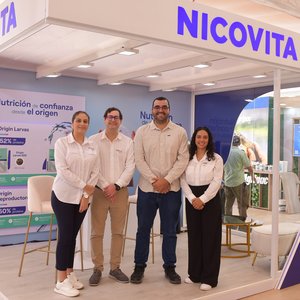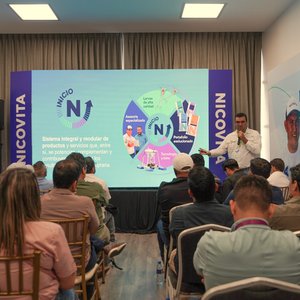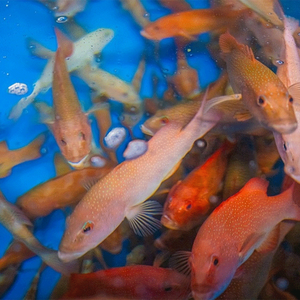Aquaculture researchers in Scotland are developing a PCR method that will help detect the presence of a range of diseases and biofouling species affecting oysters and mussels, in a project that could be a significant boost to the health and wellbeing of the shellfish.
With nearly £200,000 of funding from the Seafood Innovation Fund and the Sustainable Aquaculture Innovation Center (SAIC), the University of Edinburgh’s Roslin Institute will build a validated testing system that allows oyster growers to proactively test for Bonamia ostreae, a common and potentially fatal disease that is otherwise difficult to detect.
The 15-month project will also receive support from companies and organizations across the oyster farming and research sectors, as well as from practitioners looking to restore the shellfish to their native habitats. This includes the Association of Scottish Shellfish Growers (ASSG), the University of Stirling’s Institute of Aquaculture, and rewilding organizations such as Blue Marine Foundation.
Designed to be affordable and easy to use for growers, the testing system will also detect the presence of oyster herpes virus and Vibrio bacteria, along with biofouling species such as tube worms. It builds on a feasibility study conducted earlier this year, which successfully delivered a proof of concept.
Tim Bean, career track fellow at the Roslin Institute, said, “our project will tip the way we currently diagnose diseases that affect oysters on its head, taking a pre-emptive rather than reactive approach. This rapid, cheap and simple process will allow farmers and restoration practitioners to make more informed decisions about whether to move animals, optimizing biofouling treatments and site selection. Shellfish growers are often smaller businesses, which makes it all the more important the testing equipment is readily available, easy to use, and affordable.”
Nick Lake, CEO of the Association of Scottish Shellfish Growers, said that “the development and use of a proactive testing system will benefit shellfish growers tremendously. Tube worm casts, while benign in terms of mussel quality, are difficult to remove and can interfere with packaging and presentation. Equally, Scotland has retained a disease-free status for oyster herpes virus, which causes losses of young shellfish. With improved detection methods, we would continue to seek to sustain this position, giving us advantages over shellfish production in surrounding countries. The industry is pleased to support this further development of techniques that will support our climate change resilience in the coming years.”













